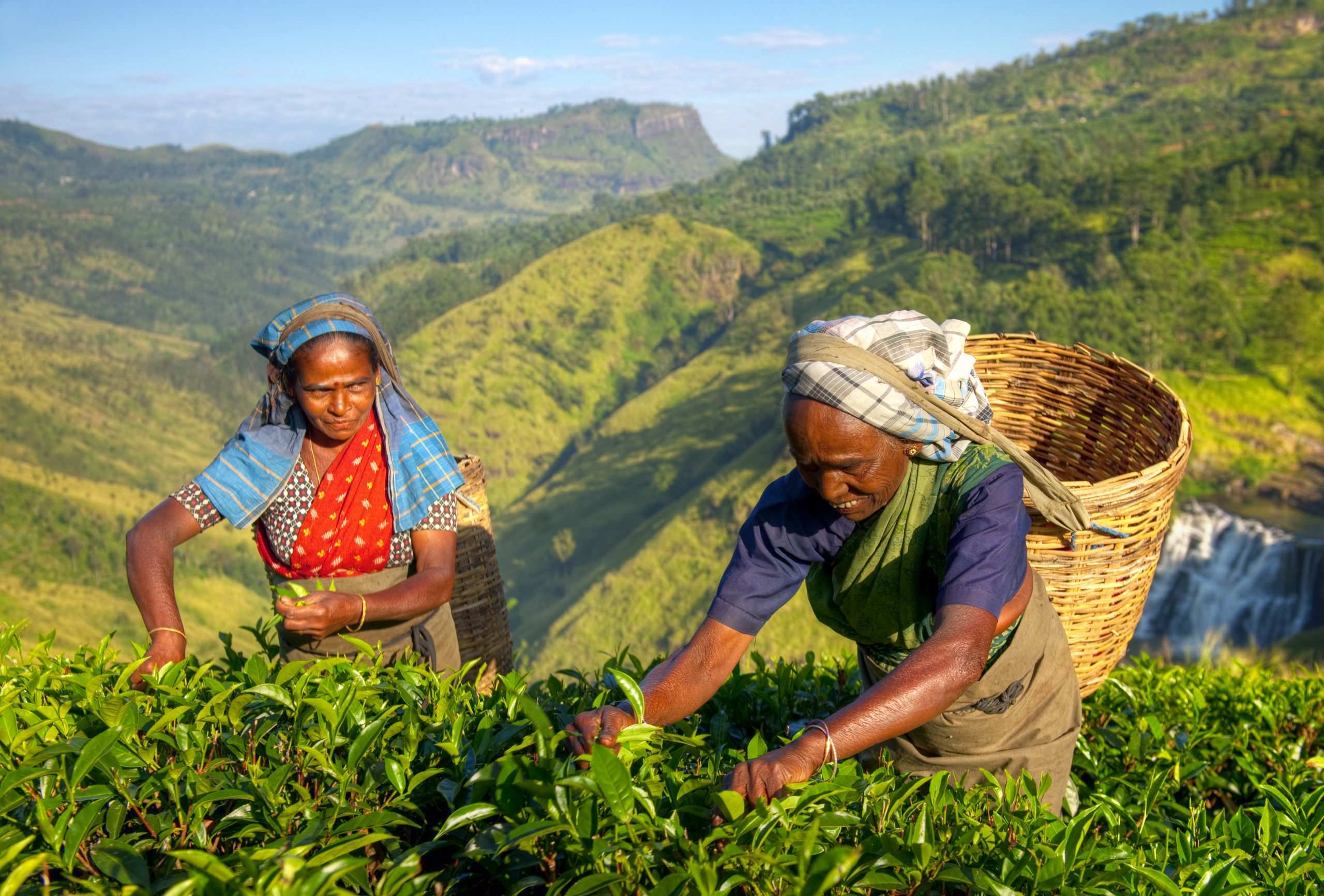News
Empowering rural women and girls as a solution to environmental sustainability and food security

News | Oct 2020
Rural women across the world play a crucial role in the management of natural resources and the wellbeing and livelihood of rural households and communities.
They account for a significant proportion of the labour force in food systems, working as farmers, harvesters and collectors, seed keepers, fisherfolks, wage earners and entrepreneurs.
In developing countries, women make up 45% of the agricultural labour force, ranging from 20% in Latin America to up to 60% in parts of Africa and Asia. Women and girls in rural areas tend to sustain an even heavier workload due to the out-migration of men. The lack of infrastructure in many areas, including for water and sanitation, and other productive resources and assets, requires that biomass fuels and water are collected, and food materials processed manually.
Rural women’s contributions are also essential for conserving biodiversity as they play a leading role as ecosystem managers. They are guardians and defenders of water, seeds, forests, territories and ecosystems.
Through local knowledge and experience, rural women often understand their environment and their community's needs better than anyone else. They pass on traditional knowledge in medicinal plants, and they contribute significantly to sustaining agriculture, food security, nutrition and health.
Challenges for rural women
There are significant challenges that many rural women face:
Vulnerabilities: gender and development data show that rural women disproportionately experience poverty, exclusion and the effects of climate change, compared to rural men and urban men and women. In addition, they often lack access to public services, such as education and health care, and have limited resources.
Gender-based violence: rural women face additional challenges simply for being women. These challenges can include sexual harassment, stigmatisation, violence, and less opportunities in favour of economic independence.
Barriers to economic empowerment: Although women farmers are as productive and enterprising as their male counterparts, the gender pay gap in rural areas is as high as 40%. Globally, over a third of employed women are working on agriculture, forestry and fisheries but less than 15% of landholders are women. As a result, rural women are often less able to access land, credit, agricultural inputs, markets and high value agrifood chains, and obtain lower prices for their crops. Despite all of their contributions, most of rural women’s labour, including care and domestic work, remains invisible and unpaid.
Exclusion from decision-making processes: rural women are often excluded or underrepresented in decision-making that affects them directly. They are also poorly considered in budget allocations and conservation initiatives. This is largely a result of structural barriers and discriminatory social norms, both within the community and at large.
Rural women are agents of transformative change
Promoting the political participation and representation of rural women in decision-making would significantly contribute to reducing poverty, and strengthening food security and climate resilience.
Women have a better understanding of the nutritional and cultural needs of their family and community. They are therefore better positioned to identify the challenges and solutions needed to improve their lives and those of their families and communities in rural areas. They also play a central role in food security. Small farmers – mainly women -- produce 80% of the food in Africa on just 15% of the agricultural land, and control 80% of the seeds produced and exchanged on small farms.
If women in rural areas had the same access to agricultural assets, education and markets as men, it could result in an increase in agricultural production and a reduction of the number of hungry people by 150 million. This is because women reinvest up to 90% of their earnings back into their households – an investment in nutrition, food, healthcare, school, and income-generating activities for their family, which helps to break the cycle of intergenerational poverty.
Governance to bridge the gender gap
When women farmers are empowered and fully involved in decision-making, families and communities are better fed, healthier and more resilient.
UNEP-WCMC has been collaborating with UN Women to progress three key priority action areas for advancing gender equality and women’s empowerment in the implementation of the post-2020 global biodiversity framework, all of which will benefit rural women. The collaboration focuses on addressing three priority areas:
- Equal opportunities for leadership, decision-making and effective engagement at all levels
- Equal access, ownership and control over biological resources; and
- Equal access to benefits from biodiversity conservation and sustainable use, and from the utilization of genetic resources.
In addition, UNEP-WCMC is a key partner in the ICCA Consortium, which has developed a policy on gender that gathers gender-related information on issues related to Indigenous and Community Conserved Areas, with the aim of learning from them towards positive action.
15 October is the International Day of Rural Women. Supporting and empowering rural women and girls is key to achieving the Sustainable Development Goals and developing their capacities and resilience to respond to climate change and other challenges such as COVID-19. It is also key to the conservation and sustainable use of biodiversity.
Have a query?
Contact us
communications@unep-wcmc.org
